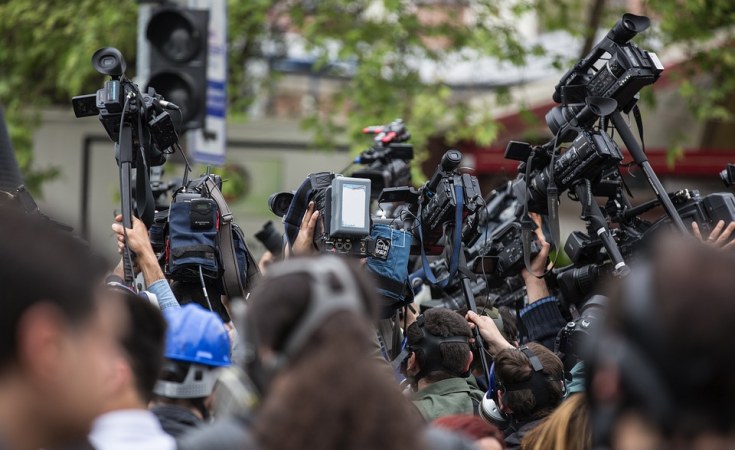Addis Abeba — The Committee to Protect Journalists (CPJ) presented to the UN's Human Rights Council a five-year review of press freedom in Ethiopia ahead of the United Nations Universal Periodic Review (UPR) of Ethiopia at the 47th Session taking place today by the UN's Human Rights Council.
Highlighting numerous arrests and arbitrary detentions of journalists, CPJ noted a significant decline in press freedom since Ethiopia's last Universal Periodic Review (UPR) and offers recommendations to the Ethiopian government to end ongoing media repression. The report detailed the arbitrary detention, physical violence, harassment, and severe legal restrictions Ethiopian journalists face, reinforcing an earlier report by Addis Standard detailing the intesification of press freedom decline in Ethiopia compounded by arrests and exile of journalists amid political turmoil.
The report also addressed the lack of accountability in the killings of two journalists, physical assaults on media professionals, forced closures of media outlets, and restrictions on international journalists.
"Despite reforms over the last five years, Ethiopia's media and anti-terror laws retain provisions that have been used to persecute dissenting voices, to justify media closures, and as pretext for the expulsion of foreign journalists," the report said.
Ethiopia ranked among the top three worst jailers of journalists in Sub-Saharan Africa in 2020, 2021, and 2023, according to CPJ's annual Prison Census, a snapshot of journalists behind bars on December 1 each year.
"These rankings point to a broader concern. Over the last five years, Ethiopia has entrenched a pattern of arbitrarily detaining journalists," CPJ warned.
CPJ calls on Ethiopian authorities to accept and implement recommendations on improving press freedom conditions and guaranteeing the safety of journalists.
CPJ made several recommendations including promptly releasing detained journalists, investigating attacks on the press, ensuring accountability for violence against journalists, and amending repressive laws to align with international human rights standards.


